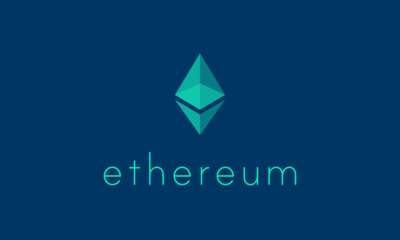Cryptocurrency
Blockchain Start-up Cardano Looks to Revolutionize Medicine with ChatGPT AI

Cryptocurrency
Binance Set to Make a Comeback in India, Eyes Reentry with $2 Million Penalty
Ethereum
ETH to NGN: How Nigerian Crypto Traders Can Convert Ethereum to Cash
Learn how to convert your ETH to NGN seamlessly, speedily, and profitably
using the best method in Nigeria.
Bitcoin
Bitcoin (BTC) Holds Steady Above $70,900 as Grayscale Bitcoin Trust (GBTC) Outflows Increase
-

 Forex2 weeks ago
Forex2 weeks agoZiG to the Rescue: Zimbabwe Shifts Gear with New Currency Backed by Gold
-



 Naira1 week ago
Naira1 week agoDollar to Naira Black Market Today, April 9th, 2024
-

 Naira4 weeks ago
Naira4 weeks agoDollar to Naira Exchange Rate at Black Market Today, March 21st, 2024
-

 Company News4 weeks ago
Company News4 weeks agoNNPC Gears Up for Public Listing, Embraces Full Commercialization
-





 Naira1 week ago
Naira1 week agoDollar to Naira Black Market Today, April 8th, 2024
-

 Billionaire Watch1 week ago
Billionaire Watch1 week agoNigerian Billionaire Tony Elumelu Contemplates Acquiring NPFL Club
-





 Naira3 weeks ago
Naira3 weeks agoDollar to Naira Black Market Today, March 26th, 2024
-





 Naira1 week ago
Naira1 week agoNaira Hits Eight-Month High at 1,120/$ Amidst Central Bank Reforms






















